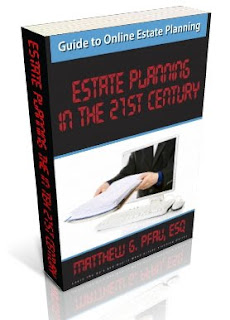Nearly everyone has some familiarity with the function of a will and most have at least heard of a living trust, however a majority of people are unclear as to why they should choose one over the other. In fact, there is a common misconception that most people only need a will and that the wealthy only need a trust. While this may be true in some circumstances, everyone should investigate both options before choosing one or the other.
Wills
A will is a document that details how you would like the probate court to distribute your property and handle your affairs upon your death. After your death, the probate court takes a properly created will and name an executor (if one is not named on your will) who will be responsible for managing the affairs of your estate as it is processed through probate. Even though a will may clearly state your desires, the probate court must oversee the entire process to assure that it is all done fairly and according to your desires. Additionally, a will becomes public record since it is submitted to the court which can be problematic for anyone with a sense of privacy over their financial affairs.
Living Trusts
A living trust, unlike a will, does not require your beneficiaries to submit to the probate process since a living trust appoints a trustee who is responsible for managing the trust property. The terms of the living trust describe how you would like your property distributed and with a trust your can maintain some level of control over your property even after you pass away. The main advantages of having a living trust are to: 1) Minimize probate; 2) Tax planning; 3) Protect your beneficiaries' inheritance from debt collections; 4) Plan for special circumstances (i.e. special needs of an heir, desire to regulate the way property is given to a beneficiary, etc). Additionally, since a living trust is not submitted to a court, the terms of the trust are not made public.
How Do I Know if I Need a Will or Living Trust?
Whether or not you need a will or trust will depend on a number of factors. In general, the primary factor to consider is the total value of your possessions and property. Depending on the state you live in, a will may suffice if your estate is minimal because the impact of probate can be relatively small. However, probate costs and complications for those who own a home or land generally require them to create a trust rather than a will.
Most understand that it is generally less expensive to prepare a will rather than a living trust; however the minor savings of a will is greatly offset by the expense and burden of probate. In the end, however, as will most things that deal with your legal rights and your money, you should discuss your particular circumstance with a legal professional in order to determine the best course of action.




